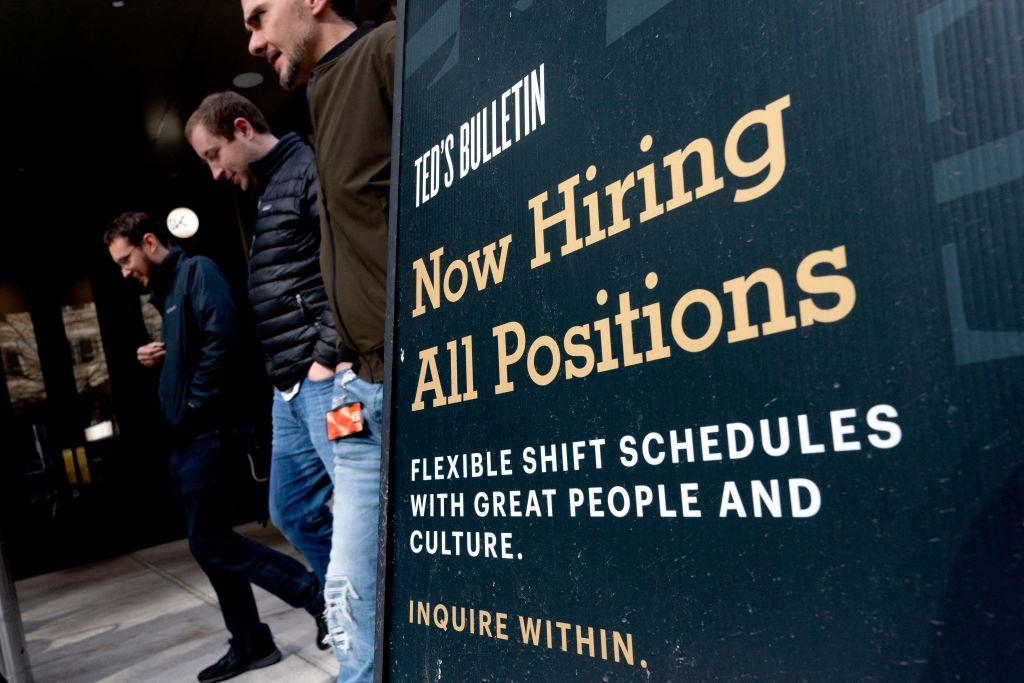The “Great Resignation” looks to continue as a quarter of workers expect to change jobs in the next 12 months, up from 19 percent last year, according to a new global survey by PwC.
The Great Resignation is a term coined in 2021 to describe the record number of people changing jobs or leaving the workforce during the pandemic.




